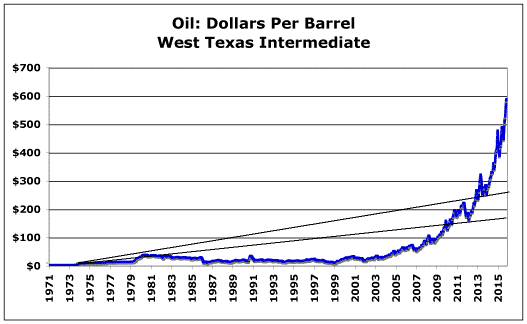Re: The Ambiguity of what's happening in Oil vs. Inflation
Your expertise on this subject is a huge boon to our community.
Earlier this year I was on numerous calls doing due diligence for some local VCs and for myself with groups based in your neck of the woods as well as India and the US looking at the prospect of building a new refinery in the US, the first in 30 years.
In the process a tiny window opened into your world for me. Through it I got the impression that via refineries are the way that oil demand is managed collectively by oil companies independent of the paper oil market, itself more or less independent of the wet oil market.
Did I get that right?
Your expertise on this subject is a huge boon to our community.
Earlier this year I was on numerous calls doing due diligence for some local VCs and for myself with groups based in your neck of the woods as well as India and the US looking at the prospect of building a new refinery in the US, the first in 30 years.
In the process a tiny window opened into your world for me. Through it I got the impression that via refineries are the way that oil demand is managed collectively by oil companies independent of the paper oil market, itself more or less independent of the wet oil market.
Did I get that right?


 My talk of dropping back to $60-$70 after the current runup would approximate the little downward blip you have between 2007 and 2009. In the long scale of things, it's nothing. But losing 30-40% in three or four months (or however long it might take) would probably appear significant at the time.
My talk of dropping back to $60-$70 after the current runup would approximate the little downward blip you have between 2007 and 2009. In the long scale of things, it's nothing. But losing 30-40% in three or four months (or however long it might take) would probably appear significant at the time.

Comment